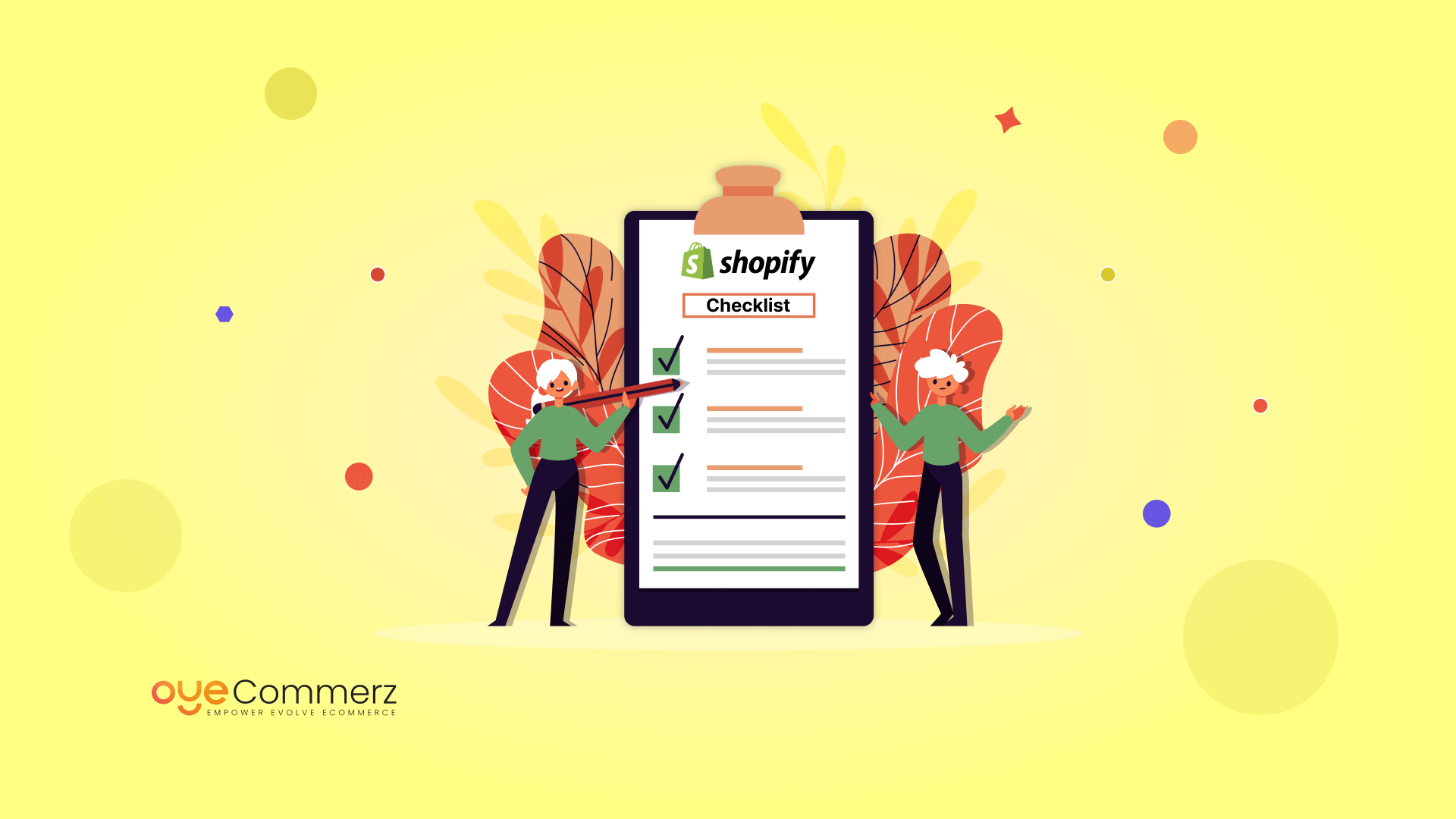Overview
In the current competitive e-commerce landscape, standing out is essential, and one of the best ways to differentiate a Shopify store is through custom app creation. A robust Shopify app can boost store capabilities, simplify processes, and boost customer interaction. This article explores essential aspects of Shopify app development, from API integration to scaling strategies and promotion methods, offering a roadmap for companies seeking superior store efficiency.
Why Shopify API Integration Matters
Shopify’s API offers robust tools to customize and expand store functionalities. With the GraphQL and REST API options, developers can retrieve information to build applications that handle inventory management, order handling, and customer data management seamlessly. Integrating Shopify’s API can lead to better workflow automation and enables stores to assist shoppers more efficiently.
Adopting the Polaris Design System
Polaris is Shopify's set of design guidelines for designing intuitive and accessible Shopify apps. By following Polaris guidelines, developers ensure that apps seamlessly integrate within the Shopify Admin experience. This ensures a cohesive appearance that appeals to Shopify merchants, promoting ease of use and comfort for merchants using your tailored app.
Navigating the Shopify App Ecosystem
The Shopify app ecosystem offers endless possibilities for improving e-commerce sites. From managing fulfillment processes to boosting customer interaction, apps in this ecosystem are tailored to meet diverse business requirements. Learning about this ecosystem assists developers in identifying unique app opportunities and allows for seamless integration of third-party services that add value to the store.
Building Embedded Shopify Apps
Embedded apps integrate directly within the Shopify Admin, allowing a seamless experience for merchants. They allow merchants don’t have to navigate away from their Shopify control panel, simplifying their process. Using Shopify App Bridge and embedded app capabilities is recommended for providing a cohesive, well-integrated user environment.
Leveraging Node.js and React for Shopify Development
Node.js and React have become top options for Shopify app creation. Node.js enables high-performance back-end services, while React allows for interactive and adaptive front-end design. Together, they offer an strong framework for creating speedy, growth-ready Shopify apps that improve store performance and customer engagement.
Webhooks in Shopify Apps
Webhooks enable instant data updates between Shopify and an external app. They initiate events such as new orders or inventory updates and provide immediate notifications to your app. By implementing webhooks, apps can deliver real-time information to store owners, simplifying processes and boosting efficiency.
Customer Engagement and Digital Marketing for Shopify Apps
To ensure Shopify app success, engaging Shopify store improvement tips customers is crucial. Using digital marketing strategies like SEO, email marketing, and social outreach can increase app usage. Additionally, designing apps with customer engagement in mind (e.g., loyalty programs or personalized API for Shopify stores suggestions) increases user loyalty and loyalty.
Making Your Shopify App Scalable
As e-commerce businesses grow, so do their technological needs. Making sure that your app can manage increased traffic, larger data sets, and more complex functionalities is critical. By improving server capacity and using scalable solutions, you can develop apps that grow in tandem with a store’s success.
Essential Features and Maintenance for Shopify Apps
For an app to be useful, it should offer key capabilities like user login, dashboard analytics, and support channels. Ongoing app upkeep, with updates to fix bugs and compatibility checks with new Shopify features, is important to maintain continuous operation and prevent disruptions to business processes.
Conclusion
Custom Shopify app development holds vast potential for e-commerce stores, offering the chance to improve performance, streamline processes, and build customer relationships. With API integrations and Node.js to focusing on scalability and customer interaction, creating a Shopify app involves careful planning and well-planned actions. If you’re prepared to elevate your e-commerce experience, a tailored Shopify application may be the perfect solution. What features do you envision for your ideal app? Share your thoughts and begin the journey to an optimized e-commerce journey!
